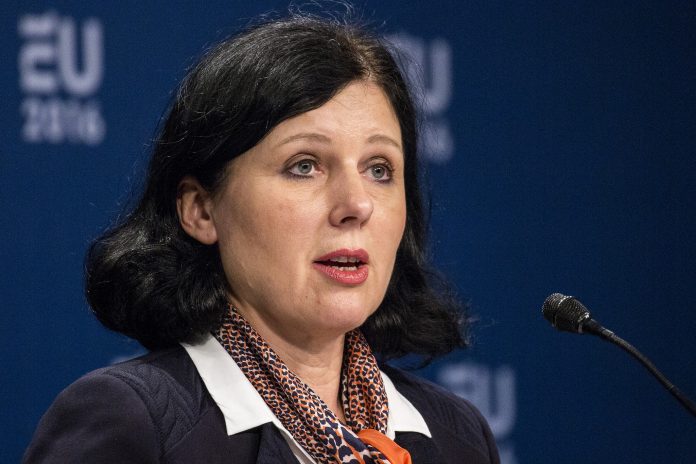The European Parliament on October 4 adopted new rules to speed up the freezing and confiscation of criminal assets across the European Union.
“This tool for mutual recognition of freezing and confiscation orders strengthens European justice,” said Rapporteur Nathalie Griesbeck (ALDE, FR). “It is fairer for the victims and reinforces our fight against the financing of terrorism. Parliament will be watching closely to ensure that the new rules are implemented fast and effectively.”
The new rules, which have already been informally agreed between the European Parliament’s negotiators and EU ministers in June, was passed by a large majority of MEPs: 531 to 51 (with 26 abstentions). Now they need approval of the Council.
According to a European Parliament press release, the new rules will make it quicker and simpler for EU member states to ask each other to freeze criminal assets or confiscate criminal property.
They introduce a series of deadlines. For instance, an EU country that receives a confiscation order from another EU country will have 45 days to execute the order. Also, authorities will have four days to freeze the assets if the freezing request is urgent.
The new rules will also provide for standardised documents: standard certificates and forms will be used to ensure that EU countries act faster and communicate more efficiently.
What is more, EU countries will be able to confiscate assets from other people connected to the criminal and they can also act in cases where there is no conviction (e.g. if the suspect has fled).
“The new legislation will close existing loopholes. It will allow judicial authorities to swiftly act also across borders, thanks to standardised documents, clear deadlines and easier communication between national authorities,” said Vĕra Jourová, Commissioner for Justice, Consumers and Gender Equality.

